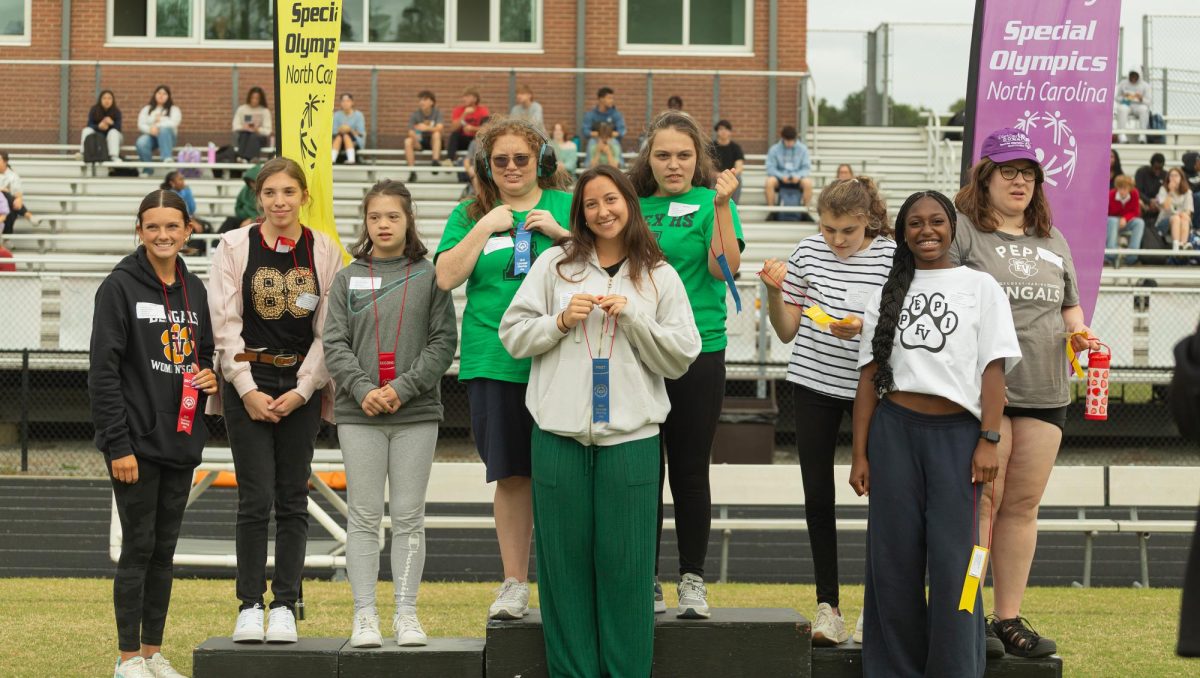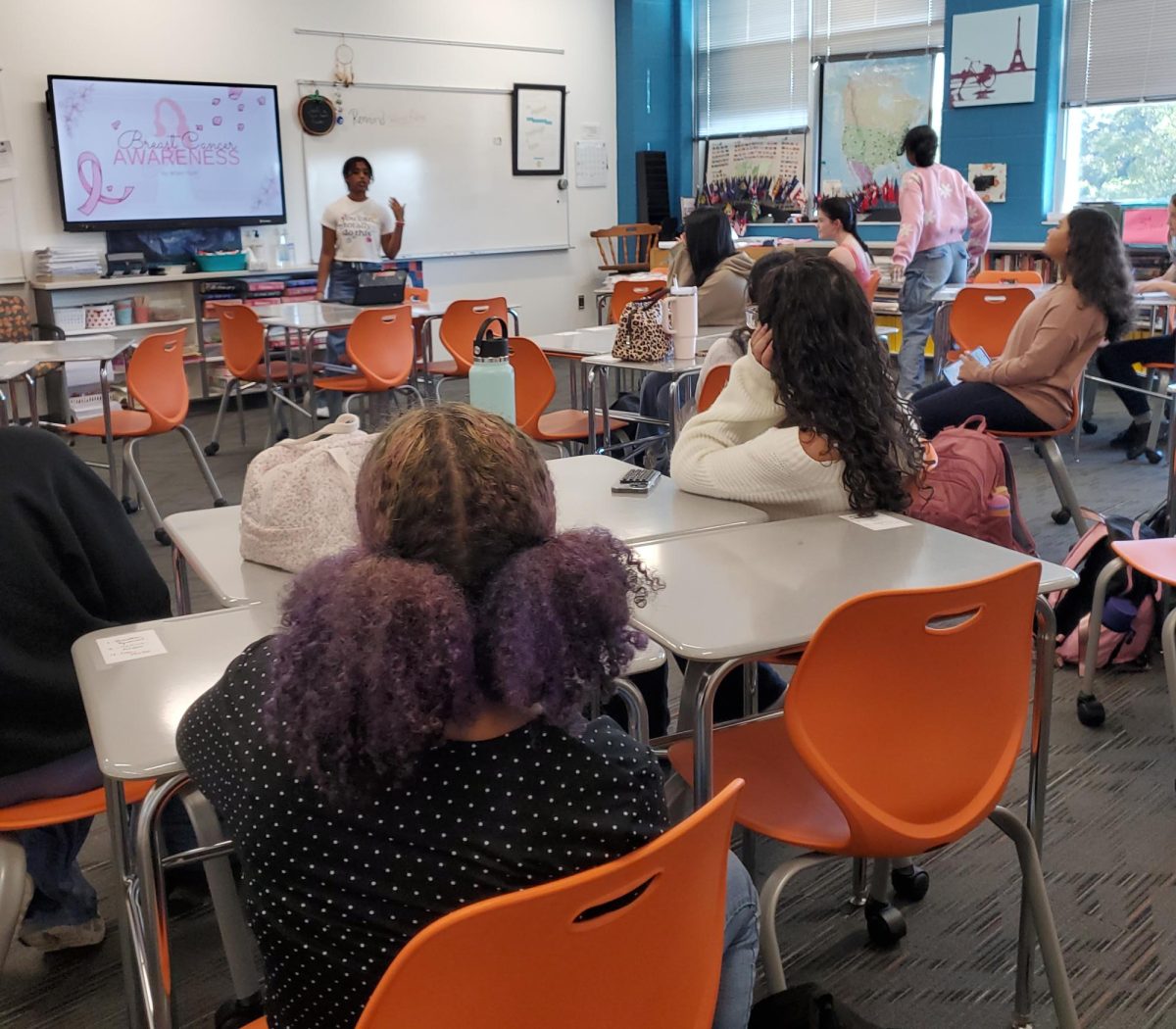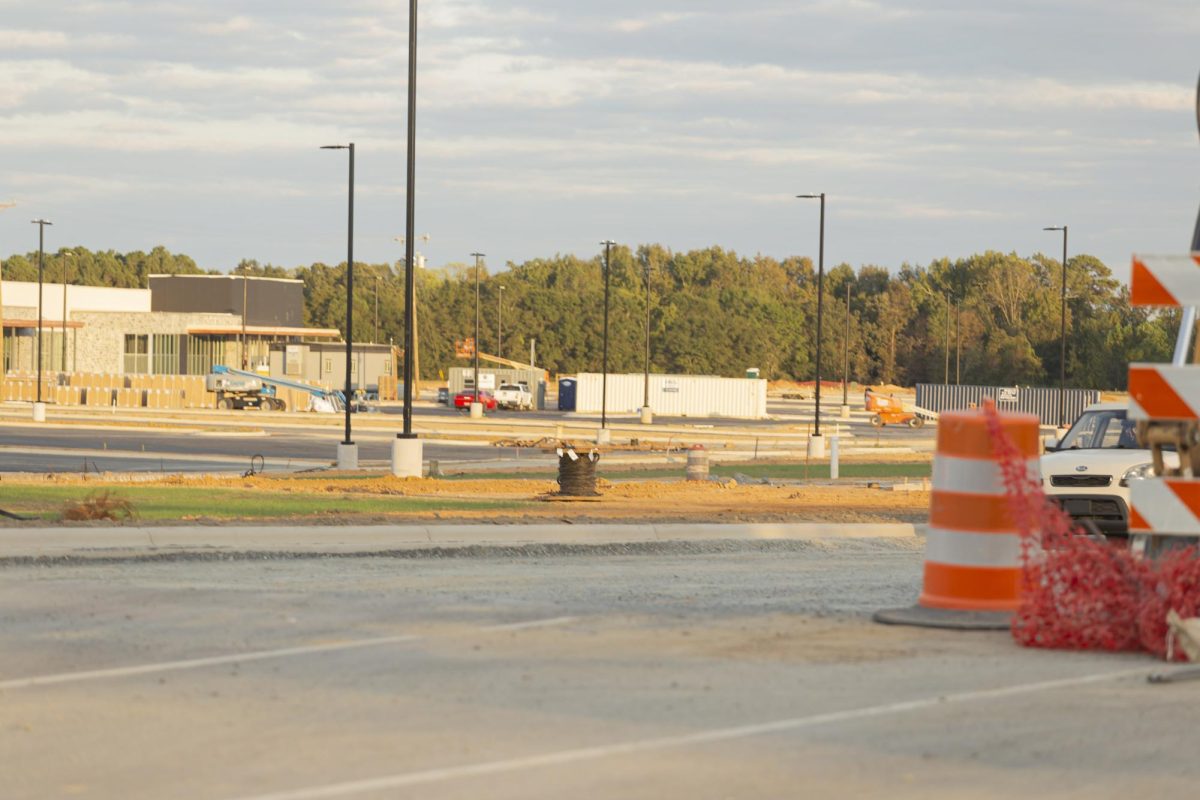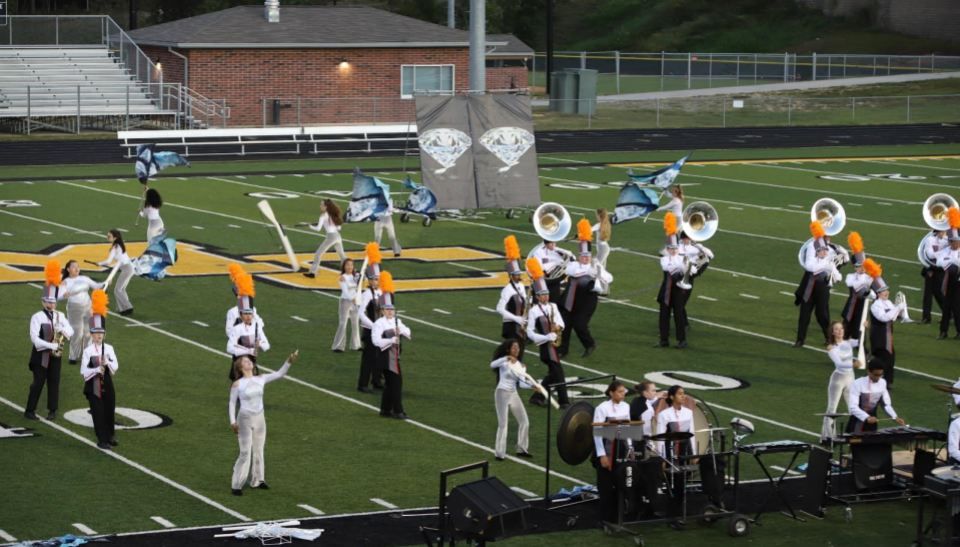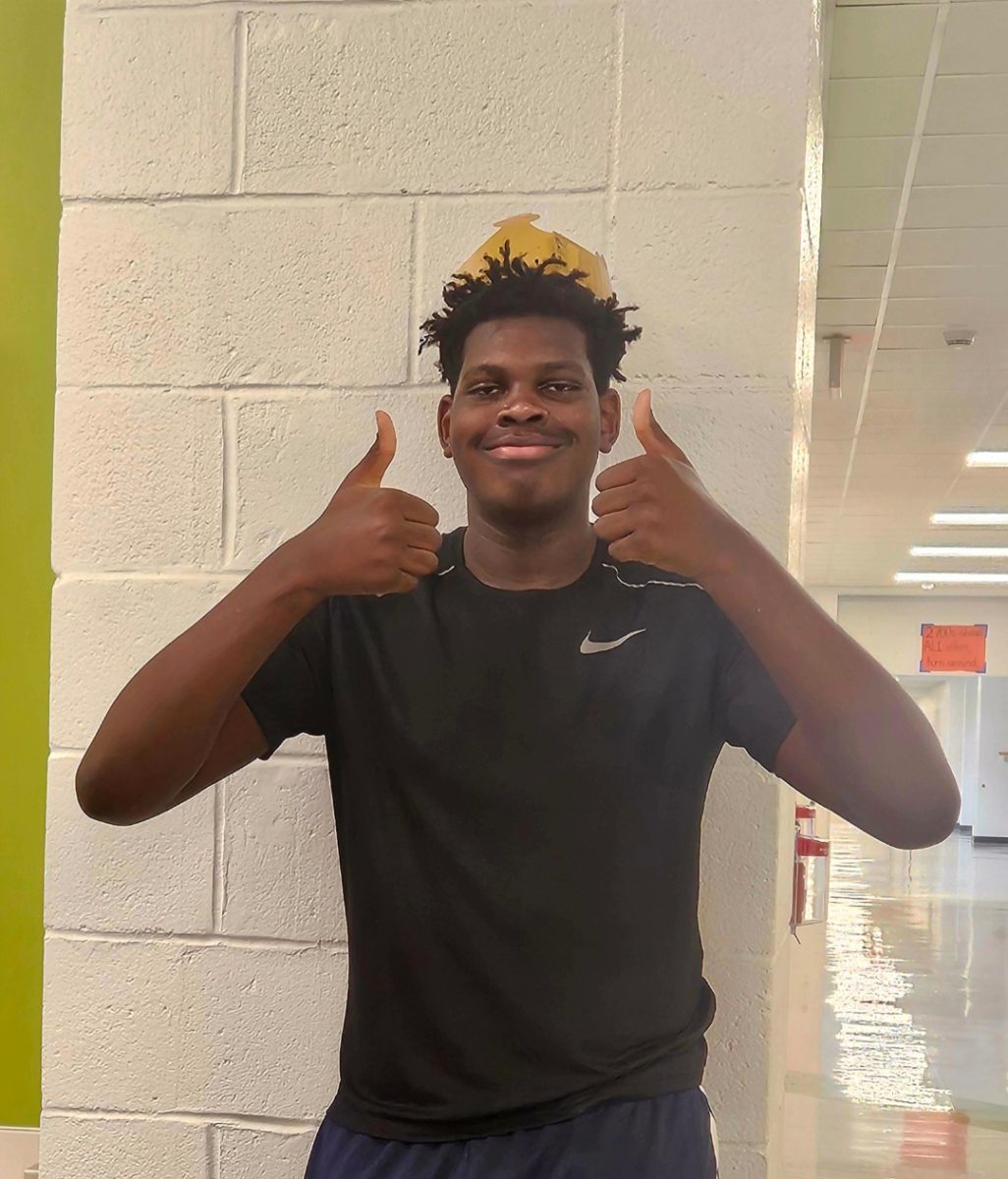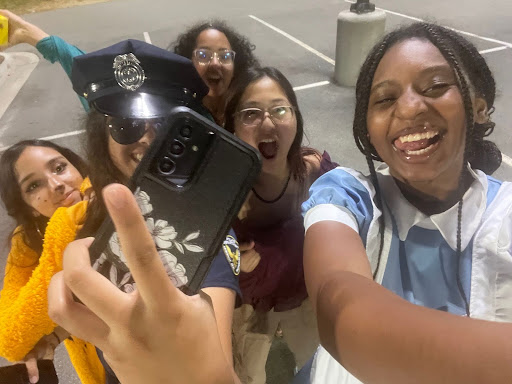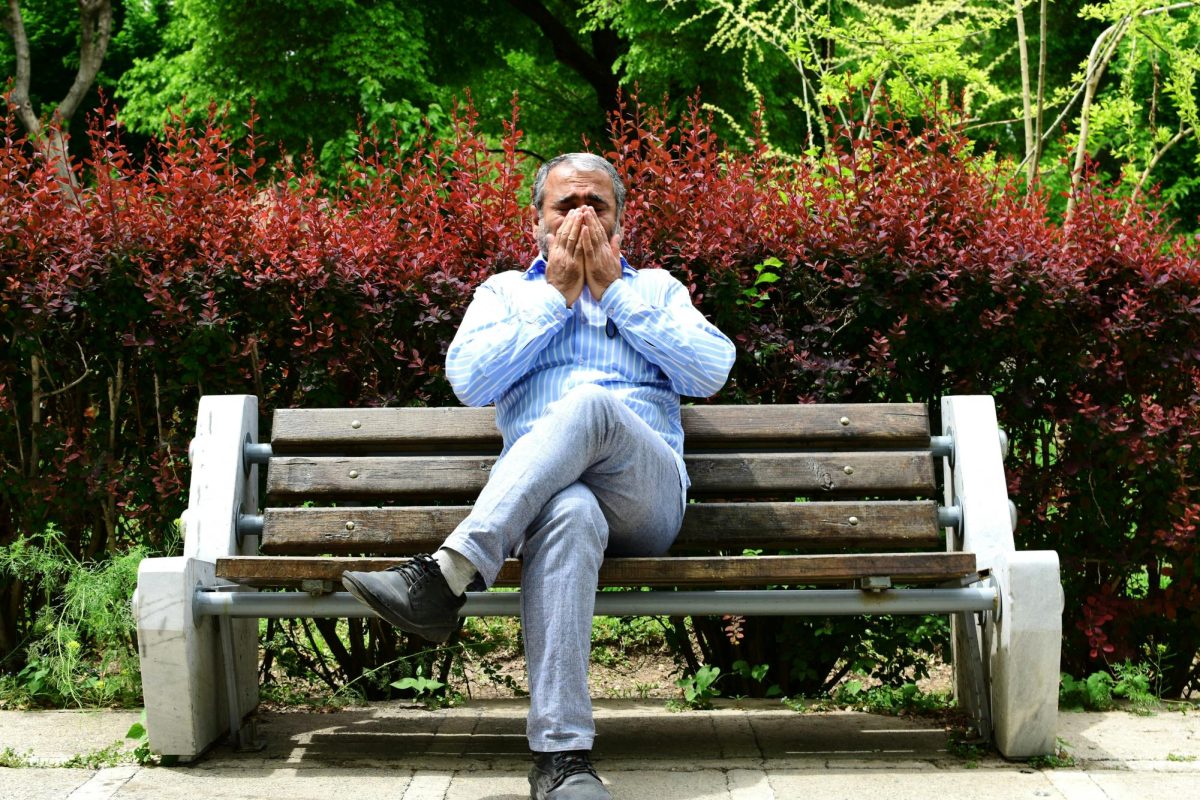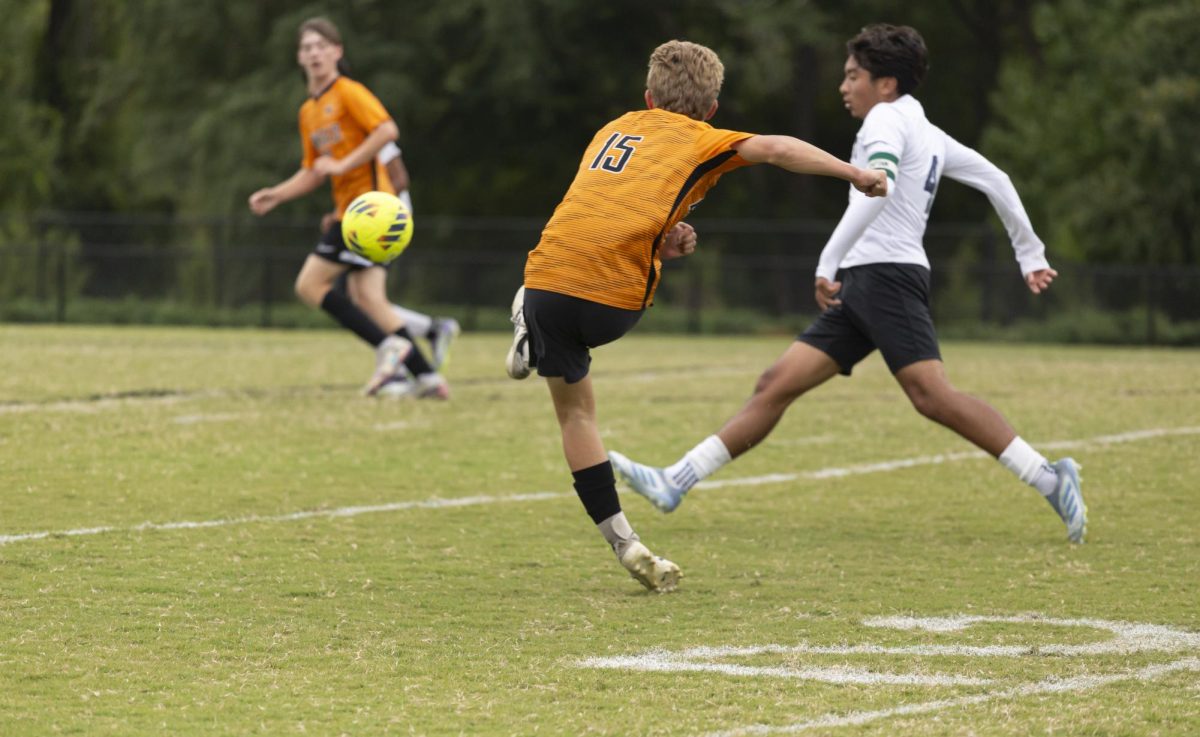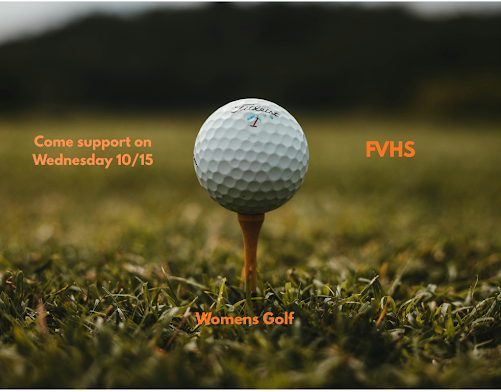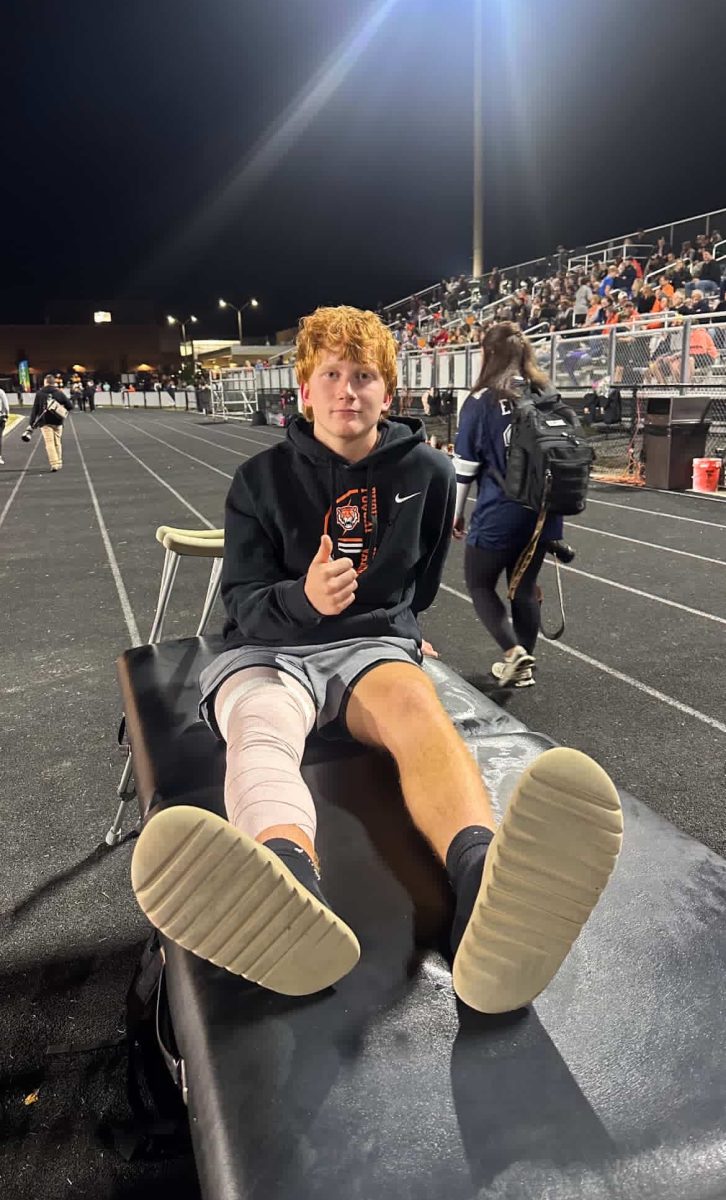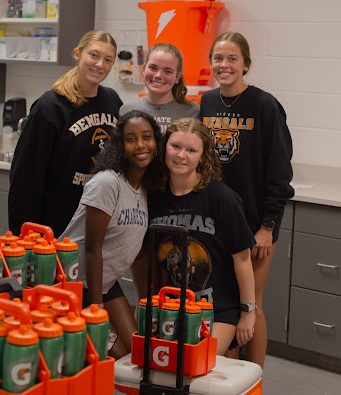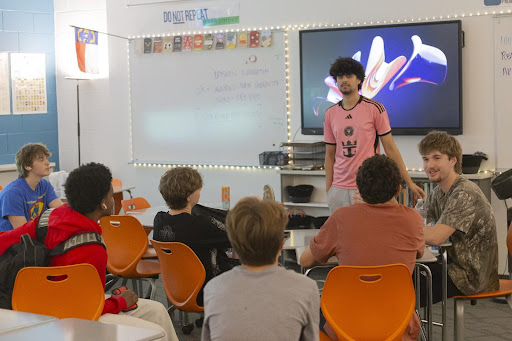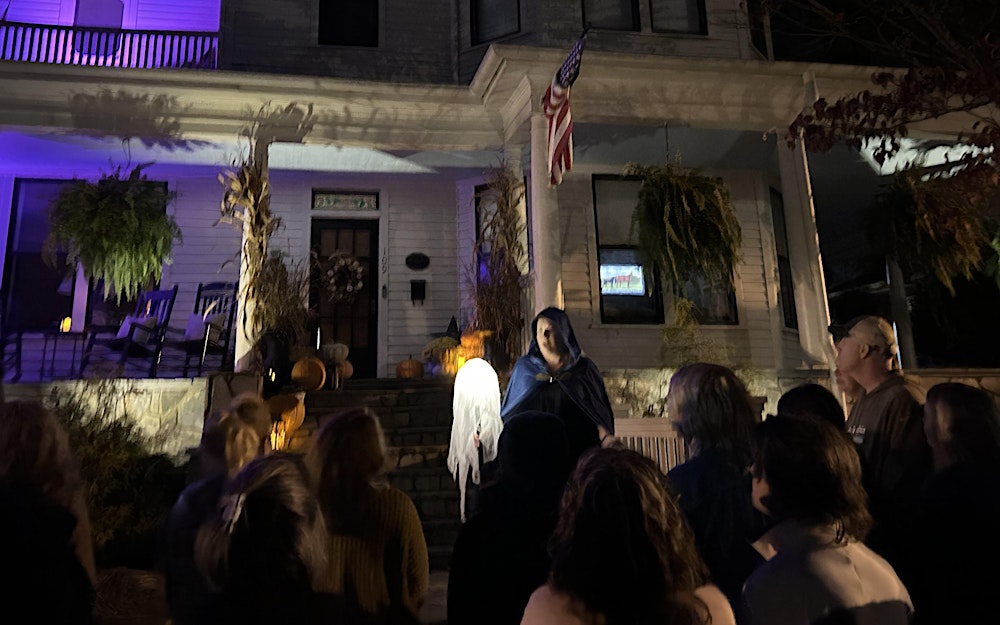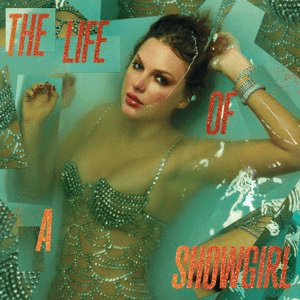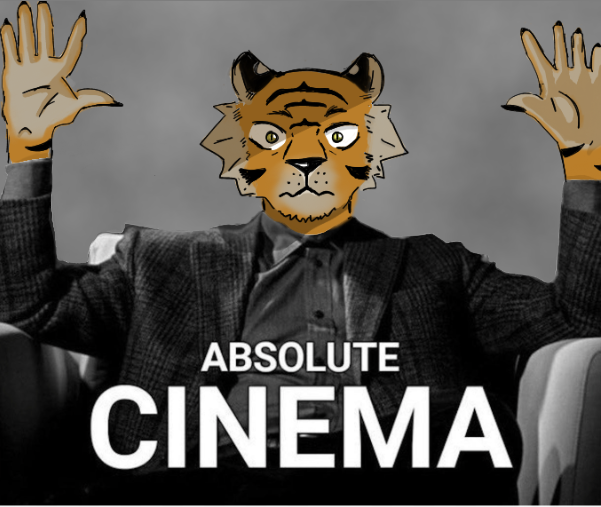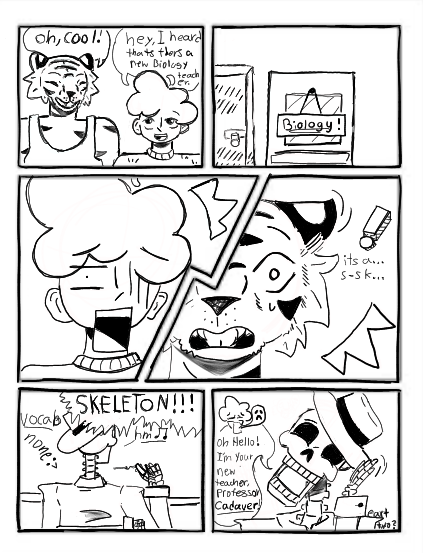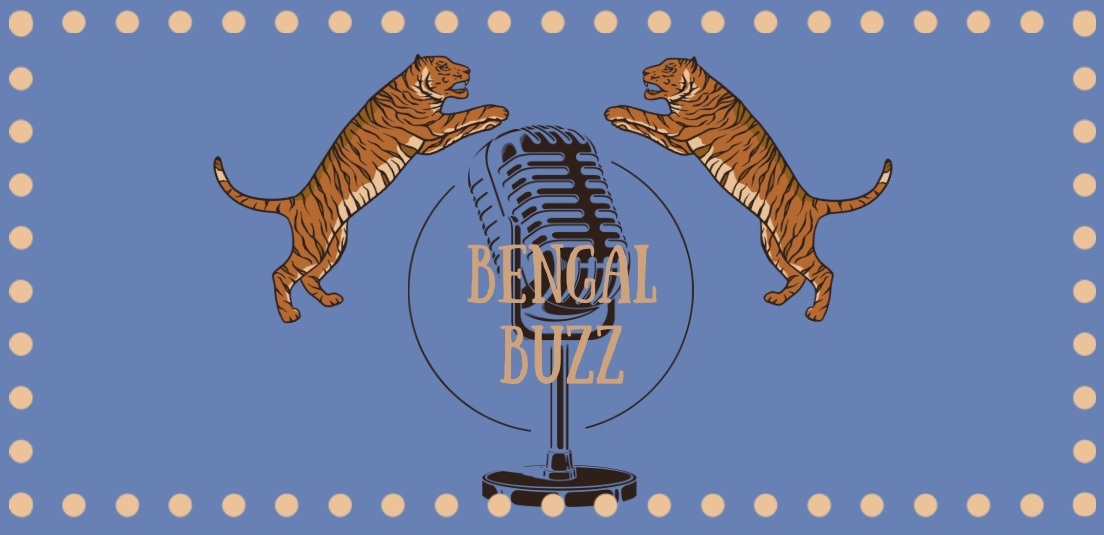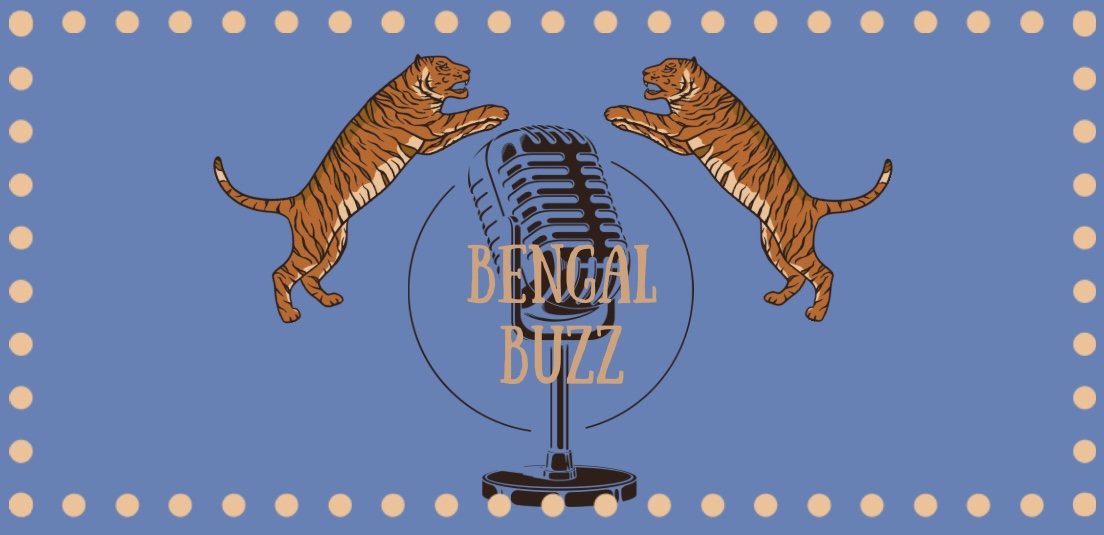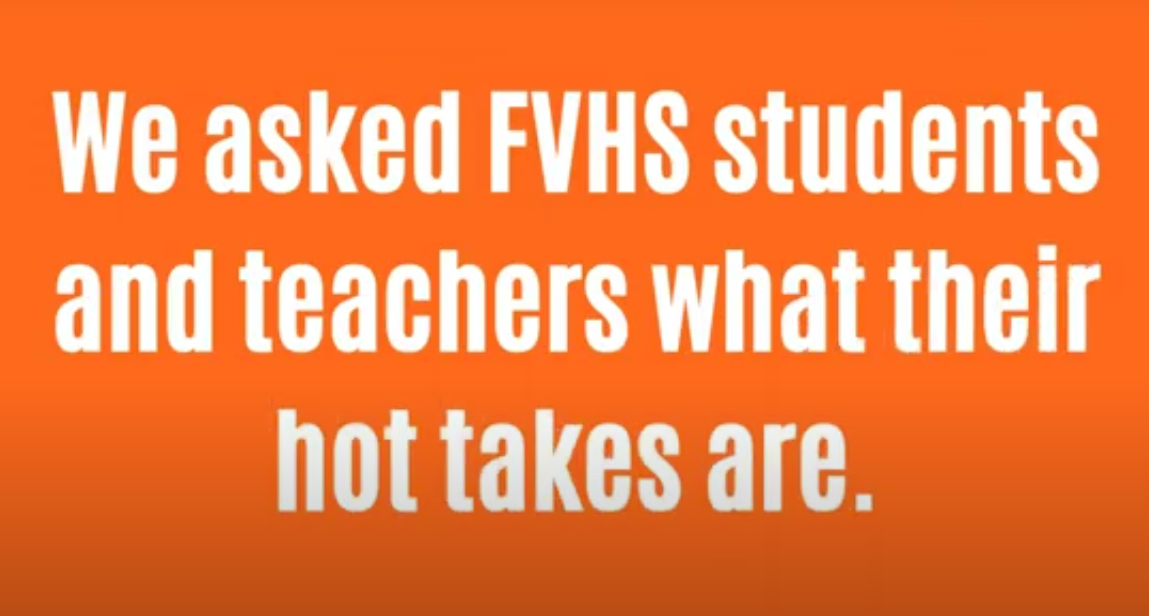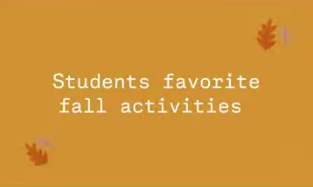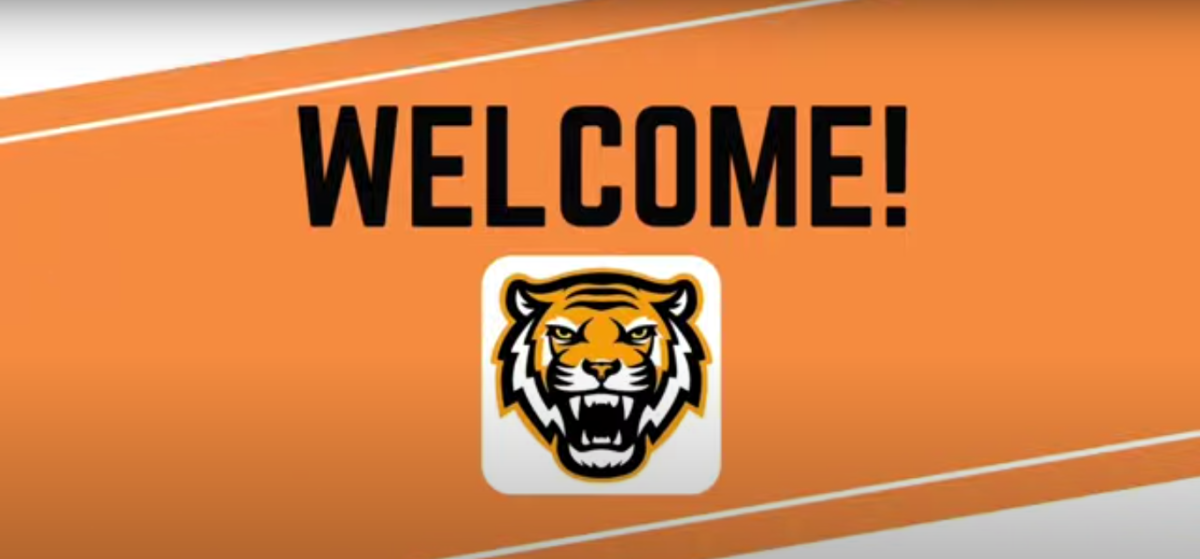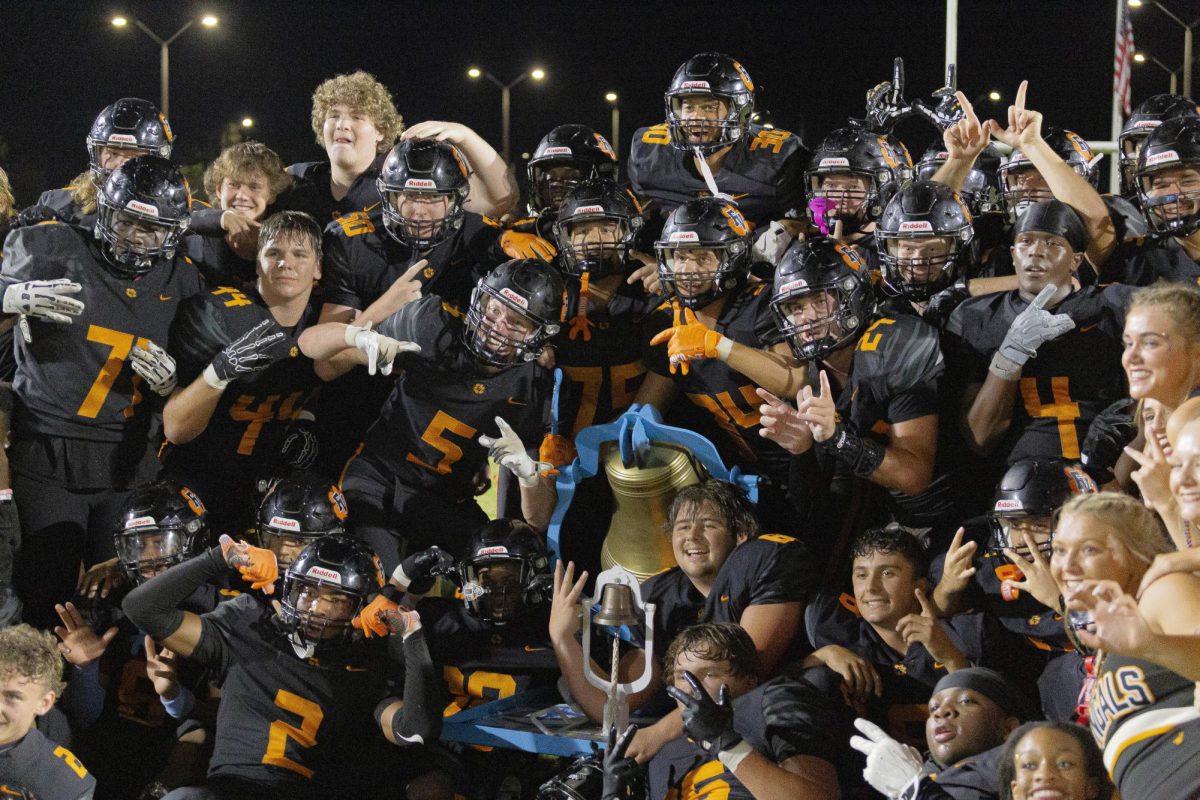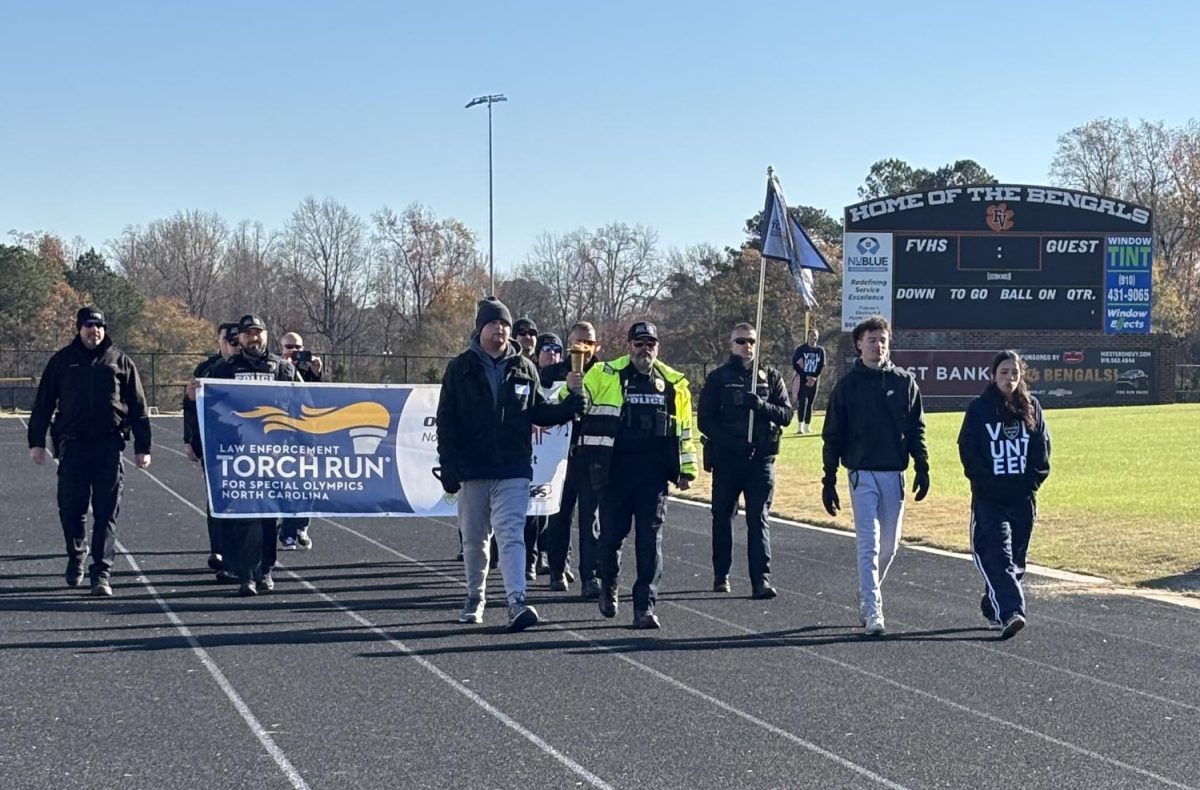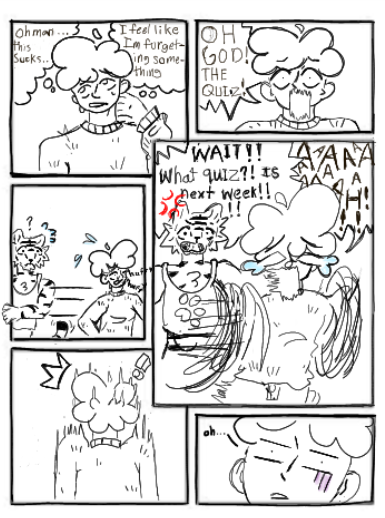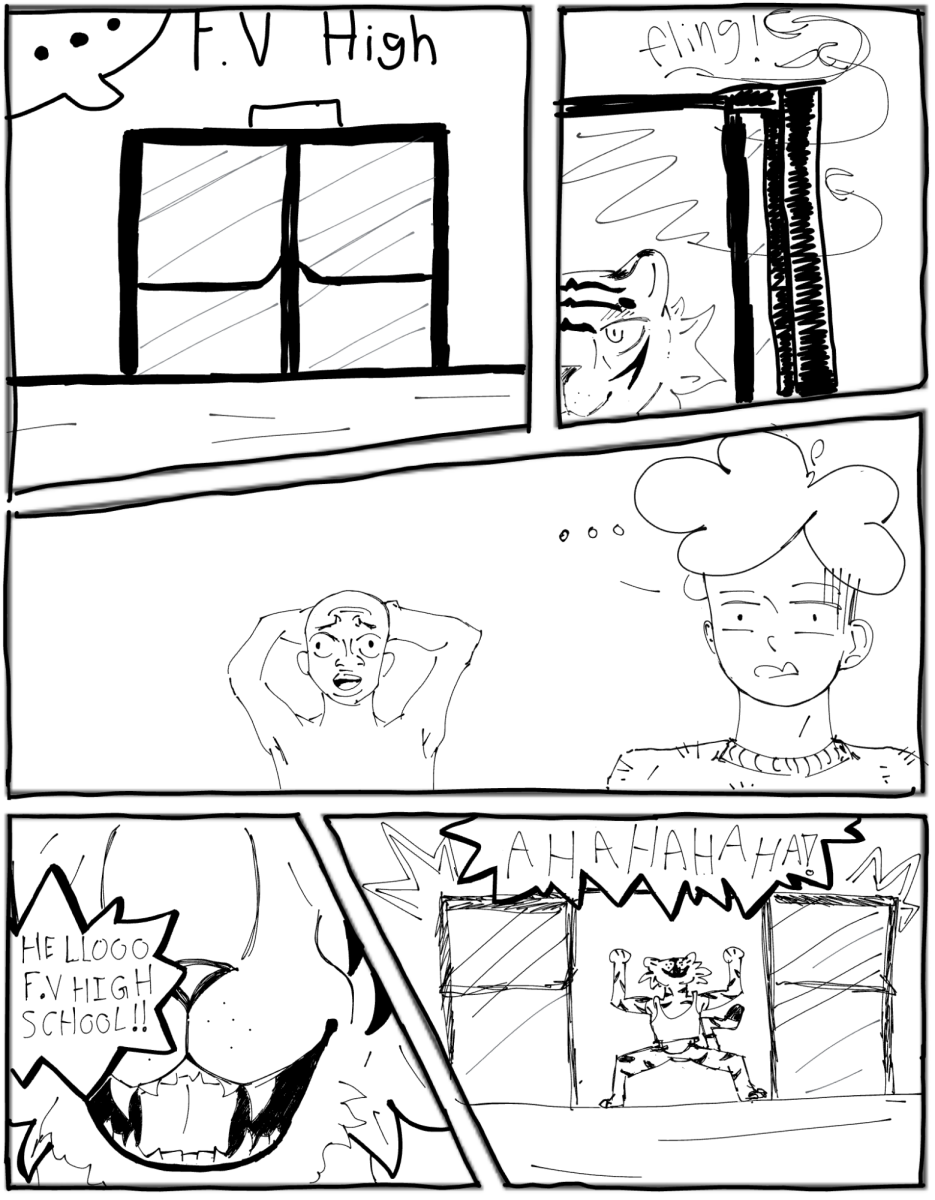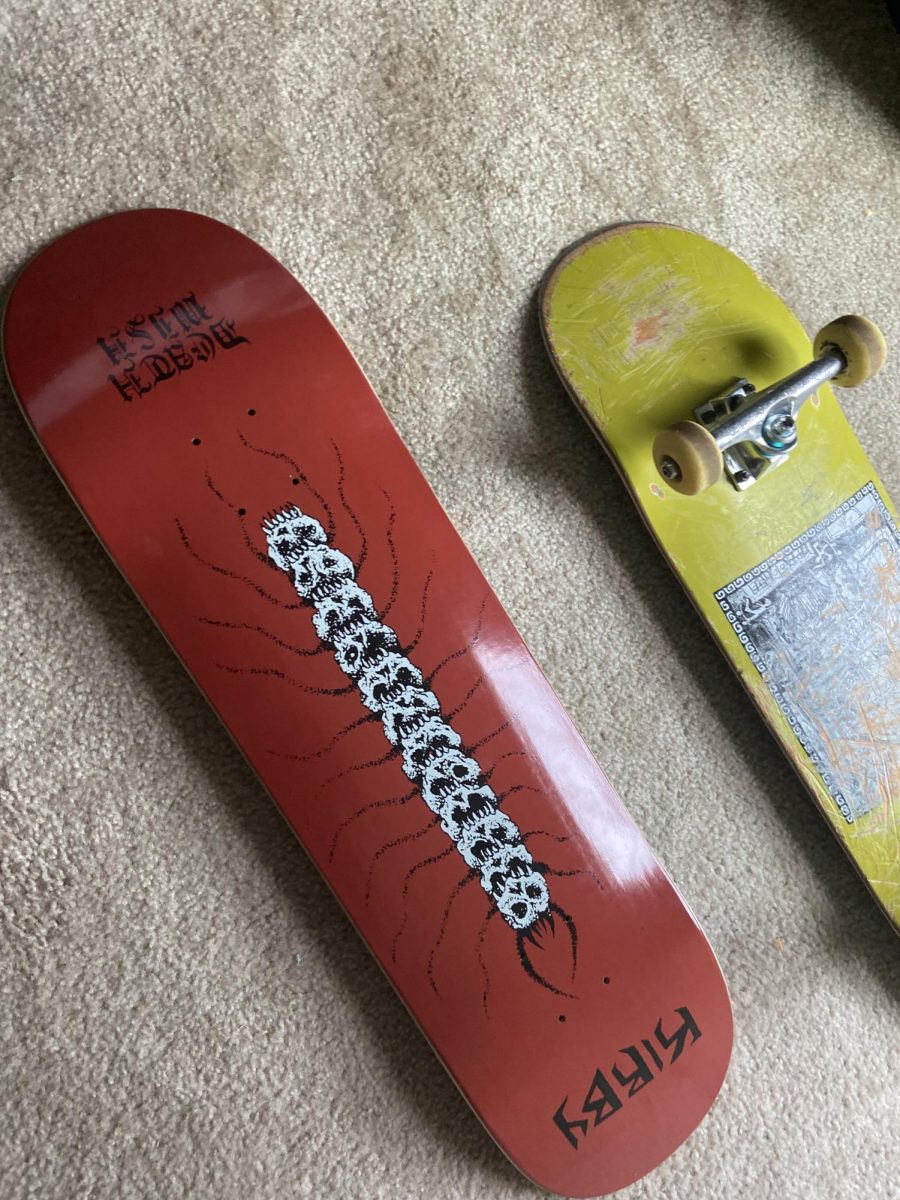For the past five years, skateboarding has been more than just a hobby. It has been a passion, a creative outlet, and a powerful tool for my growth. As someone who has spent countless hours on a skateboard, it’s time our school recognizes skateboarding and that it deserves a place in our physical education program.
Skateboarding teaches discipline, perseverance, and creativity in ways that no other sport can teach. It’s about pushing your own limits and learning how to deal with frustrations. There isn’t a coach yelling at you and no bench to sit on if you aren’t the best. Everyone progresses at their own pace, which makes skating inclusive.
Skateboarding teaches lessons that directly translate to academics and life.
“Skateboarding has been a fun hobby that lets me push my boundaries and hangout with friends,” said senior Aaron Steimen.
His words reflect countless other skaters who have found focus and friends through skating. Introducing a skateboarding class would benefit students mentally and physically. It could serve as an alternative to traditional sports, with more individuality and inclusion. Skateboarding also promotes cardiovascular health, balance and coordination.
We already have the space, with our two basketball courts. With proper safety guidelines and instructions, a skateboarding class could be safe and benefit students. Students have to sit at a desk all day. This class could give a needed break that would allow students to go to their next classes stronger.
Skateboarding is not just a street activity, it’s becoming much more mainstream, with its recent appearance in the Olympics and other schools adapting skateboarding classes.
Eagle Crest Elementary in Colorado adopted a skateboarding program and has had nothing but positive reviews from students and parents.
It’s time for Fuquay-Varina High School to implement a skateboarding class and to recognize it as the valuable, enriching pursuit it is.

